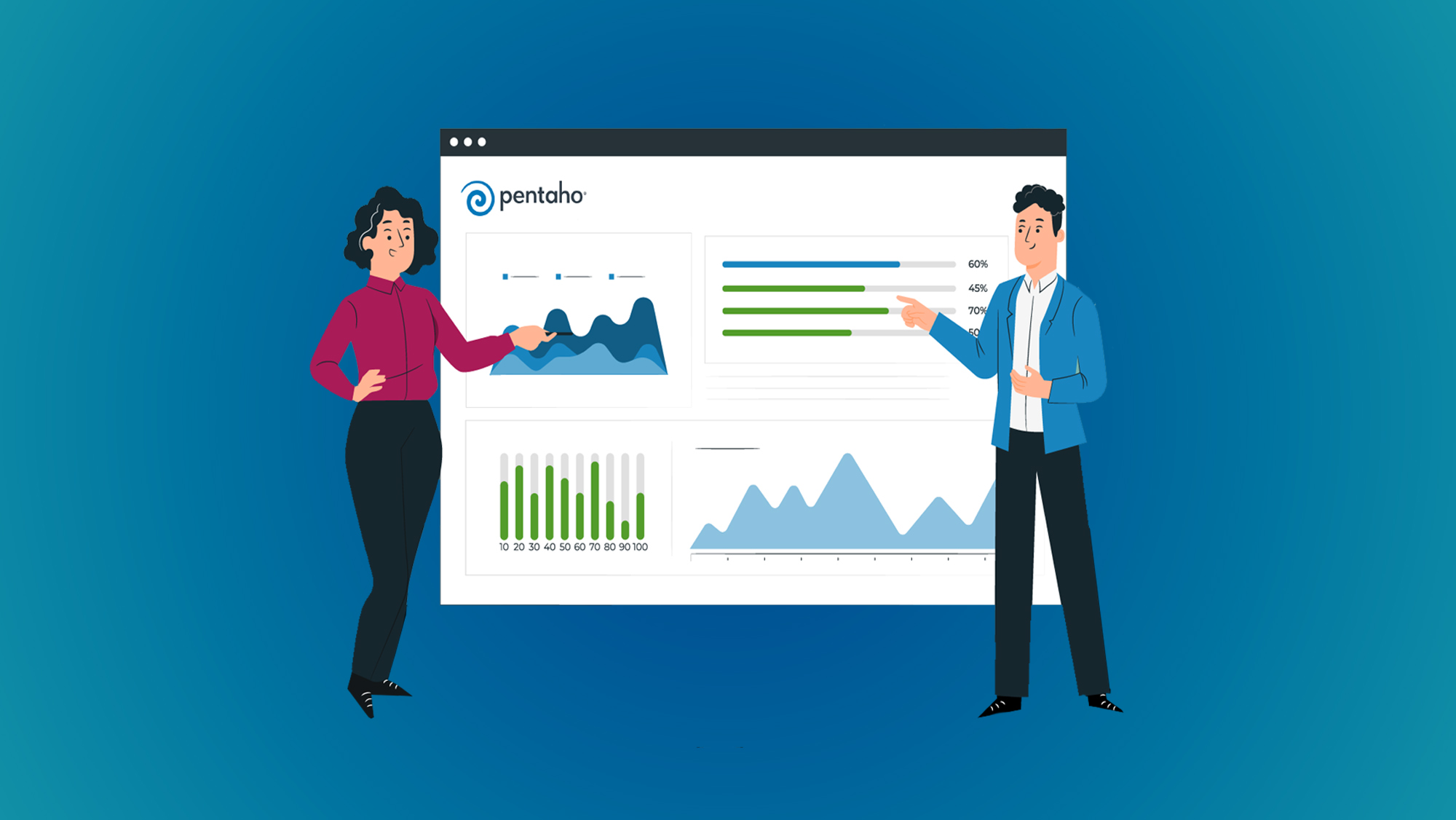What are the Key Components of MarkLogic Training?
- Overview and Introduction: An introductory session that covers the fundamentals of MarkLogic, its features, and its benefits. This provides a high-level understanding of the platform and its capabilities.
- Installation and Setup: Instructions and guidance on installing and configuring MarkLogic on various platforms, including local environments and cloud-based setups.
- Data Modeling: Training on designing and implementing data models in MarkLogic, including understanding document structures, collections, and indexes.
- Querying and Search: Instruction on querying and searching data in MarkLogic using the powerful Query Console, exploring techniques such as full-text search, structured and unstructured querying, and leveraging indexes for performance optimization.
- Data Integration: Training on integrating data from various sources into MarkLogic, including ingesting data from files, databases, and streaming sources. This may involve using MarkLogic's APIs, connectors, and data transformation tools.
- Security and Governance: Learning about securing data in MarkLogic, implementing access controls, encryption, and auditing. Understanding governance practices, including managing permissions, user roles, and compliance requirements.
- Advanced Features: In-depth training on advanced features and functionalities of MarkLogic, such as geospatial indexing, semantic search, and using MarkLogic for real-time analytics and machine learning.
- Development and Administration: Training on best practices for developing applications on MarkLogic, including utilizing its APIs and SDKs. Understanding administration tasks, such as monitoring, backup, and disaster recovery.
- Hands-on Exercises and Projects: Practical exercises and projects that allow participants to apply their knowledge in real-world scenarios. This may involve building sample applications, working with datasets, and troubleshooting common issues.
- Q&A and Support: Opportunities for participants to ask questions, seek clarification, and receive support from instructors and trainers throughout the training program.
Who can do MarkLogic Course
The MarkLogic course is suitable for a wide range of professionals and individuals interested in gaining expertise in this NoSQL database platform. It is ideal for database administrators, developers, data architects, and data engineers who work with large volumes of structured and unstructured data. Additionally, data analysts, business intelligence professionals, and data scientists can benefit from learning MarkLogic's advanced search and analytics capabilities. The course is also valuable for organizations seeking to enhance their data integration, management, and retrieval strategies.
What are the Benefits of MarkLogic Training?
- Expertise in a Leading NoSQL Database Platform: MarkLogic training equips participants with in-depth knowledge and skills to work effectively with this powerful NoSQL database platform. They gain a comprehensive understanding of MarkLogic's features, capabilities, and best practices.
- Enhanced Data Management: Training in MarkLogic enables individuals and organizations to efficiently manage and integrate structured, semi-structured, and unstructured data. They learn techniques for data modeling, ingestion, indexing, querying, and search, resulting in improved data organization and accessibility.
- Advanced Search and Analytics: MarkLogic training equips learners with the ability to leverage the platform's advanced search and analytics capabilities. They gain expertise in semantic search, faceted navigation, and real-time analytics, enabling them to extract valuable insights from large datasets quickly.
- Improved Application Development: With MarkLogic training, participants gain the skills to develop robust applications using MarkLogic's APIs, SDKs, and tools. They learn best practices for application development, data integration, and performance optimization, resulting in more efficient and scalable applications.
- Security and Governance: MarkLogic training includes instruction on securing data and implementing governance practices. Participants learn about access controls, encryption, and compliance requirements, enabling them to protect sensitive data and ensure regulatory compliance.
- Career Advancement Opportunities: Acquiring expertise in MarkLogic through training can open up new career opportunities. MarkLogic is widely used by organizations in various industries, and professionals with MarkLogic skills are in high demand.
- Networking and Collaboration: MarkLogic training often involves interaction with instructors and fellow learners. This provides opportunities for networking, collaboration, and knowledge sharing, fostering a supportive learning community.
- Flexibility and Convenience: Many MarkLogic training programs are offered online, allowing participants to access the content and learning materials at their own pace and convenience. This flexibility makes it easier for individuals with busy schedules to pursue the training.
MarkLogic Career Opportunities
- MarkLogic Developer: As a MarkLogic Developer, you can design and develop applications that leverage the features and capabilities of the MarkLogic platform. You will work on data modeling, querying, search, and integrating data from diverse sources.
- Database Administrator: MarkLogic's unique data management capabilities make it a sought-after skill for database administrators. You can specialize in managing and optimizing MarkLogic databases, ensuring data integrity, performance, and security.
- Data Engineer: MarkLogic's ability to handle structured and unstructured data makes it valuable for data engineers. You can work on data ingestion, integration, transformation, and data pipeline development using MarkLogic's APIs and connectors.
- Data Architect: As a Data Architect, you can leverage MarkLogic to design and implement data architectures that handle complex data structures, support real-time analytics, and ensure efficient data retrieval and search capabilities.
- Search Engineer: MarkLogic's advanced search functionalities, including full-text search and semantic search, create opportunities for search engineers. You can specialize in building powerful search applications and optimizing search performance.
- Information Architect: Information Architects can utilize MarkLogic to design and manage the organization's information infrastructure, ensuring efficient data modeling, integration, and retrieval strategies across various systems.
- Financial Services: MarkLogic is widely adopted in the financial services industry for managing regulatory compliance, risk management, and fraud detection. Careers in areas such as regulatory reporting, data governance, and financial analytics can benefit from MarkLogic skills.
- Healthcare and Life Sciences: The healthcare and life sciences industries deal with vast amounts of complex data. MarkLogic skills are valuable for managing patient data, clinical trials, research data, and healthcare analytics.
- Media and Publishing: MarkLogic's capabilities in handling unstructured and rich media data make it suitable for media and publishing industries. Careers in content management, digital publishing, and media analytics can benefit from MarkLogic skills.
- Government and Public Sector: Government organizations often deal with diverse data sources and complex data integration requirements. MarkLogic skills can be valuable for roles involving data management, analytics, and secure information sharing.
Conclusion:
MarkLogic is a powerful NoSQL database platform that offers a wide range of benefits for organizations and professionals dealing with diverse and complex data requirements. With its capabilities in data integration, search, analytics, and secure data management, MarkLogic empowers users to efficiently handle structured and unstructured data, extract valuable insights, and develop robust applications. By acquiring skills in MarkLogic through training, individuals can enhance their career prospects and contribute to the success of organizations in various industries. MarkLogic is a valuable tool in the modern data-driven landscape.







No Comments Yet
Let us know what you think